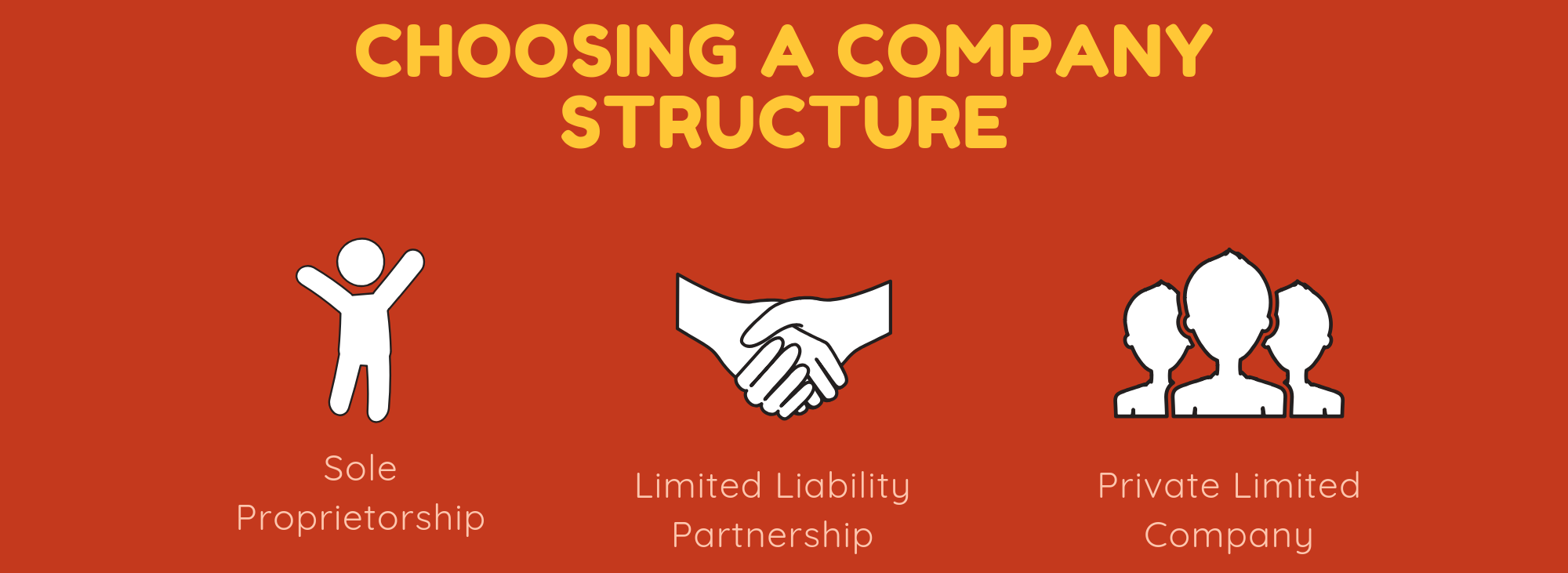Sole Proprietorship VS Limited Company

When establishing any type of business in Sri Lanka, it’s of vital importance that you choose a business structure that is best suited for your needs you know the ins and outs of it. There are several different business structures you can choose from, the most popular ones being private limited company, unlimited liability partnership, sole proprietorship, public company, and limited company. The popular choice with businesses in Sri Lanka, however, is sole proprietorship and limited company.
The choice you make for the type of company your forming will have a huge impact on the future of your business and that’s why it’s crucial that you have a clear idea and choose wisely right from the beginning.
In this article, we will walk you through the differences between sole proprietorship and a limited company to help you decide with ease on what business entity is more suited for you.
Before we begin looking at the differences, let’s look at what exactly sole proprietorship and a limited company is in simple terms.
What is Sole Proprietorship and a Limited Company?
A sole proprietorship is the simplest of business entities. It has one single owner who oversees all operations. A limited company has several different directors and shareholders that make up the entire company.
For business owners who are looking to grow and scale up their business in the future, the preferable choice is a limited company due to its ease of expansion and it can help with capitalization by increasing the number of owners. This makes a limited company useful in the long run. Sole proprietorship, on the other hand, is more suitable for those who want to keep their business small.
While both these business entities are suitable for entrepreneurs and the common choices for businesses in Sri Lanka, they are still very much different in many aspects. Let’s look at the key differences between sole proprietorship and a limited company.
Sole Proprietorship vs Limited Company
- Ownership
A sole proprietorship is operated by one person alone and has no separate legal entity of its own. If the owner of the business wants to run the business with two or more people later, the business structure can fall under a partnership category.
A limited company is a separate legal entity altogether and distinguishes clearly from its directors and shareholders. Generally, the number of shareholders in a limited company ranges anywhere from one to fifty and can be either individual or corporate identities, or even both.
- Funding
Typically, sole proprietorships have lower public perceptions, and this can lead to some difficulties in acquiring financial funding and support.
For limited companies, obtaining funds from banks or financial support from external investors is normally easier as limited companies are legally seen as a corporate body and that makes them seem more credible in the corporate world.
- Liability
As mentioned above, a sole proprietorship has no separate legal identity, and this means that the business owner is solely responsible for its liabilities because he owns all its assets and profits. For this reason, his assets are affected by all the potential risks, debts, and losses of the business. If the company can’t manage its liabilities, the owner’s assets are subject to liquidation.
On the other hand, a shareholder’s liability in a limited company is only limited to his/her investment in the company. In many circumstances, this aspect is a definite advantage because it ensures that a shareholder is protected financially, and his/her assets are not affected by any means.
How to make the right choice?
Now that we have discussed the key differences between both business entities, how do you decide on the right choice for your business? The important thing is that you must weigh out the pros and cons of both structures and decide on one that best suits you as a business owner.
Sole proprietorship does have a slight up advantage over other business structures owing to its less stringent compliance requirements and fewer formalities. However, the benefits of a limited company surpass the ease of operation in sole proprietorship.
Limited companies have a streamlined process of operation as well as the factor of the separation of both assets and identity. These aspects are important when discerned from a long-term perspective. Moreover, the trading of shares in a limited company is done in a restricted manner, which minimizes the risk of an unwarranted takeover.
In conclusion, when it comes to choosing the right business structure, there’s no blanket solution for businesses. It all comes down deciding wisely and choosing the structure that is most suitable for your business requirements as well as your future goals.